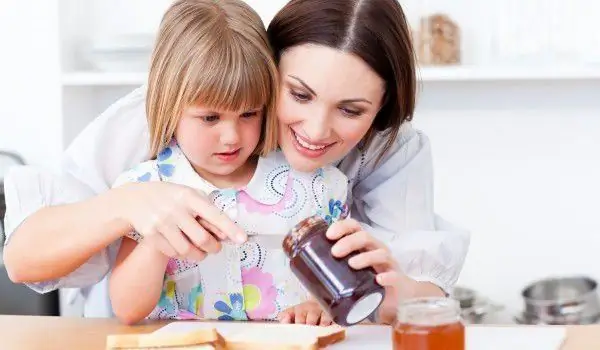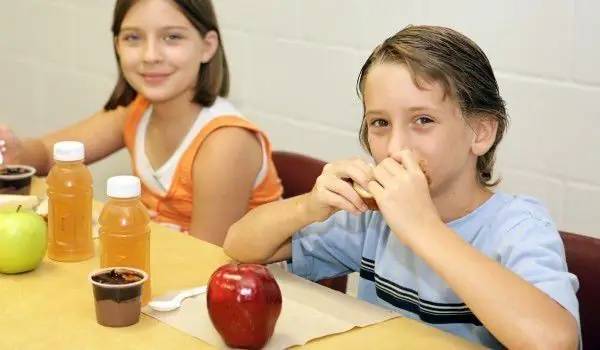2025 Author: Jasmine Walkman | [email protected]. Last modified: 2025-01-23 10:18
Salmonellosis affected 16 children from a kindergarten in Varna. Initial data from the Regional Health Inspectorate and the Food Safety Agency show that there is no contaminated food or staff member in the garden who is a carrier of the bacterium.
The garden staff informed the parents about the infection, which affected some of the children in the garden, emphasizing that there was no reason to panic because of the negative food and staff samples.
However, some parents have chosen to keep their children at home for a few days just in case.
According to the assistant educator Galina Angelova, the infection was most likely brought from outside, because none of the staff members is a carrier of the bacterium.
By the end of last week, a total of 13 children had been diagnosed with the disease, but it turned out that three more children were suffering from salmonellosis.
The uncertainty about the exact number of children infected with salmonella is due to the fact that some children have the disease in an extremely mild form.

This led their parents to treat them for the common summer flu and not to treat them adequately.
Following the isolation of the salmonella bacterium in the samples of infected children, all graduates of the kindergarten will be tested for carrier.
Although a mild form of the disease is observed in children in Varna, it should not be forgotten that salmonellosis is an acute infectious disease.
It is caused by bacteria of the genus Salmonella, which when broken down release an endotoxin that damages the nervous system and internal organs, such as the lungs, liver, spleen and others.
Some salmonella bacteria also secrete enterotoxin, which causes diarrhea accompanied by the release of large amounts of fluids and electrolytes.
Salmonella bacteria develop and multiply in domestic and wild animals, birds and fish. Infection usually occurs when eating undercooked meat, milk, eggs and more.
It can also be caused by healthy bacteria that contaminate food.
Recommended:
Avocado Instead Of Tutmanik And Smoothie Instead Of Boza Is The New Menu In Kindergartens

/ undefined Avocado instead of a mullet for breakfast and a healthy smoothie instead of boza will be waiting for the kids in kindergartens. Starting this fall, the menus will change radically and junk food will be eliminated. Fried foods, sausages, desserts with high amounts of sugar, foods with high amounts of salt and pasta are also falling.
Nutrition Guide For Children: Healthy Eating For Children

Food index for children The nutrients required for a child are the same as those for adults, the only difference is the amount. In the years of their growth, children have a greater appetite. They need a lot of energy because they are involved in many physical activities.
No More Fried And Harmful Foods In Kindergartens! Here Are The Menu Changes

It is forbidden to prepare and serve fried foods , cakes, candies and waffles for children in kindergartens and preschools. This is one of the changes entered in the Ordinance on the healthy nutrition of children between the ages of 3 and 7, which has already been uploaded on the website of the Ministry of Health for public discussion.
What Are The New Rules For Food In Kindergartens

New rules in kindergartens are expected to take effect from the beginning of 2018. The amounts of salt and sugar will be reduced at the expense of more fruits and vegetables in the menu for the kids. This became clear from a statement for BNT by Prof.
Revolution! Avocados, Chia And Broccoli Are On The Menu Of Kindergartens

New exotic foods will soon appear on the menu of kids from kindergartens and nurseries. The products, which are a revolution in the current children's recipe book, will be approved in early 2018. Among them will be chia, quinoa, broccoli, Brussels sprouts and other so-called superfoods.

